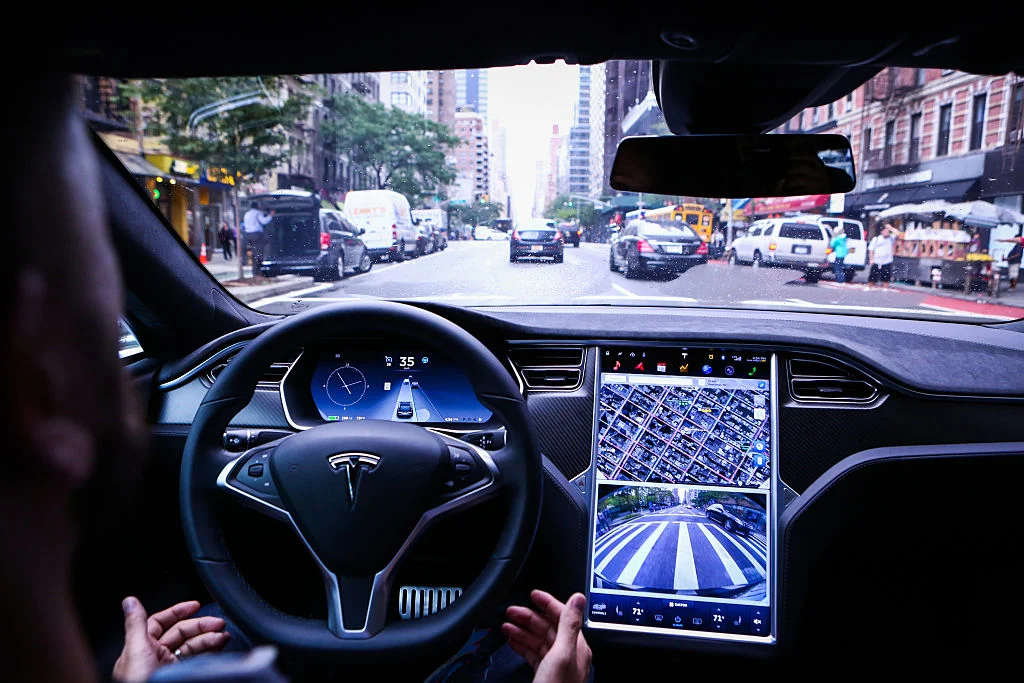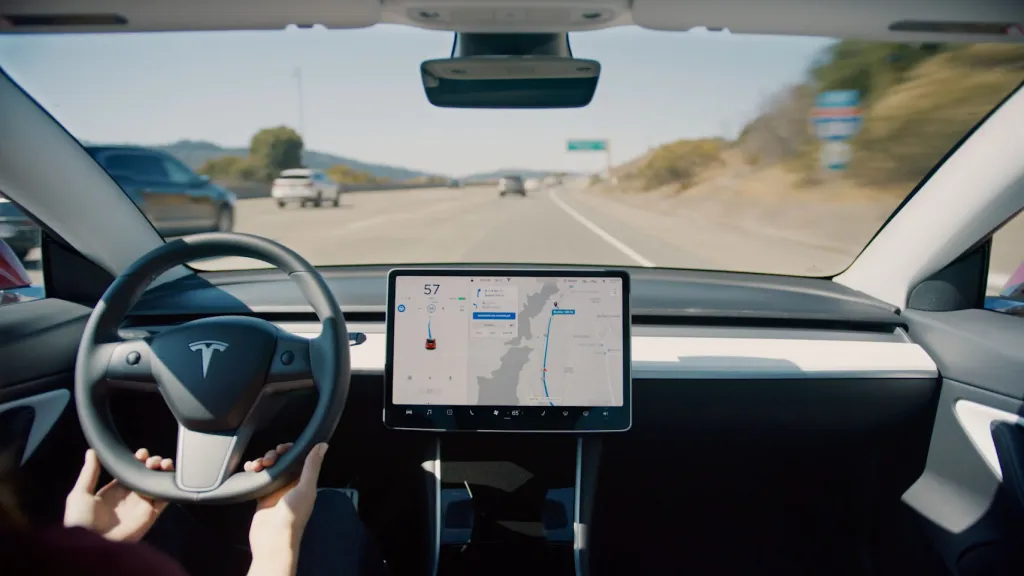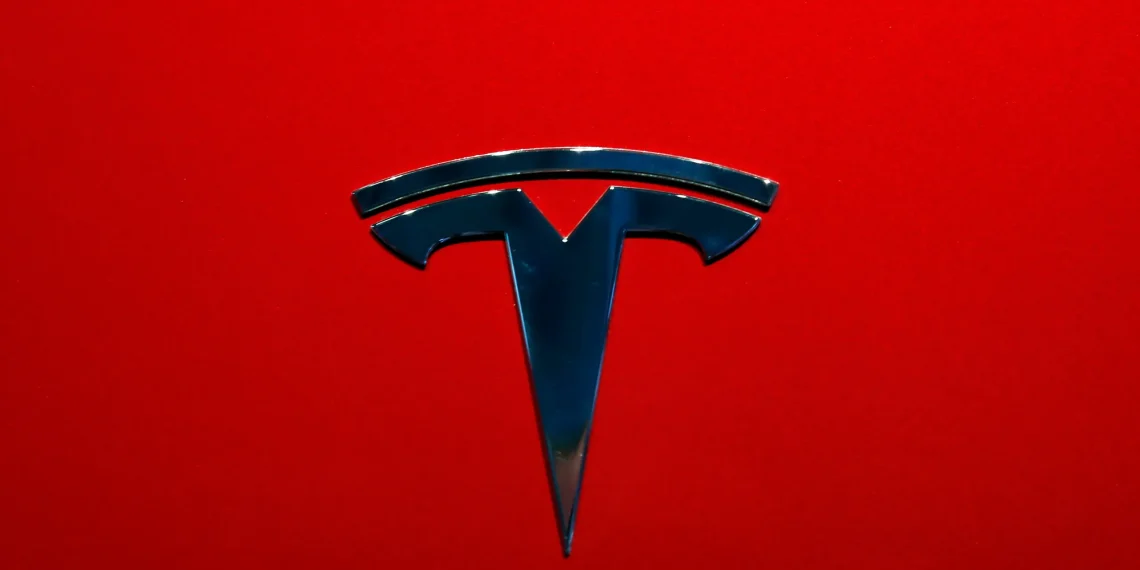The National Highway Traffic Safety Administration (NHTSA) has initiated an inquiry into the adequacy of Tesla‘s recall, which involved over 2 million vehicles, to implement enhanced Autopilot safety features.
The move follows post-update crash incidents and preliminary NHTSA tests indicating concerns regarding the remedied vehicles.
Tesla’s recall, announced in December, aimed to enhance driver attention while using its advanced driver assistance system.

NHTSA’s investigation raises doubts about the effectiveness of the recall, especially concerning the opt-in feature and the potential reversal of the update.
The investigation covers various Tesla models equipped with Autopilot features produced between 2012 and 2024.
NHTSA highlighted Tesla’s acknowledgment that the Autopilot software might not sufficiently prevent driver misuse, potentially increasing crash risks.
Moreover, NHTSA expressed concerns over Tesla’s Autopilot branding, suggesting it could mislead drivers about the system’s capabilities and encourage over-reliance on automation. Despite NHTSA’s findings, Tesla has not yet responded to requests for comment on the matter.
Consumer Reports’ evaluation of Tesla’s Autopilot update in February raised similar concerns, indicating that the changes failed to address key safety issues identified by NHTSA.
They urged NHTSA to demand more robust measures from Tesla to address the underlying safety concerns effectively.

Tesla’s Autopilot system is designed to provide automated steering, acceleration, and braking within lanes, with enhanced capabilities for highway lane changes.
However, NHTSA’s investigation reveals shortcomings in driver engagement and usage controls, potentially leading to misuse.
The recall also includes measures to enhance driver alerts and disengage Autosteer if drivers fail to respond to warnings of inattentiveness. Tesla indicated it would restrict Autopilot use for drivers found to misuse the system significantly.














